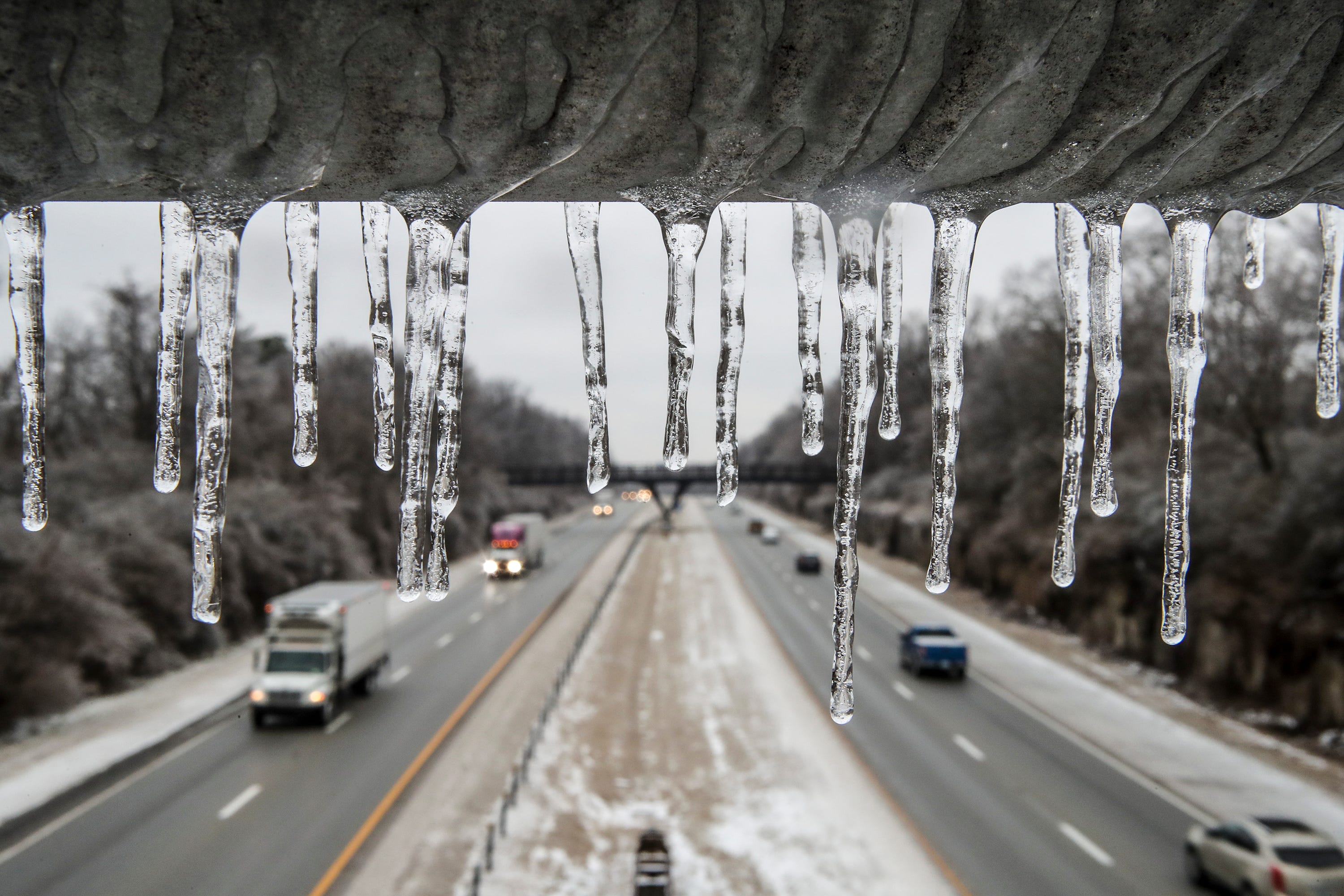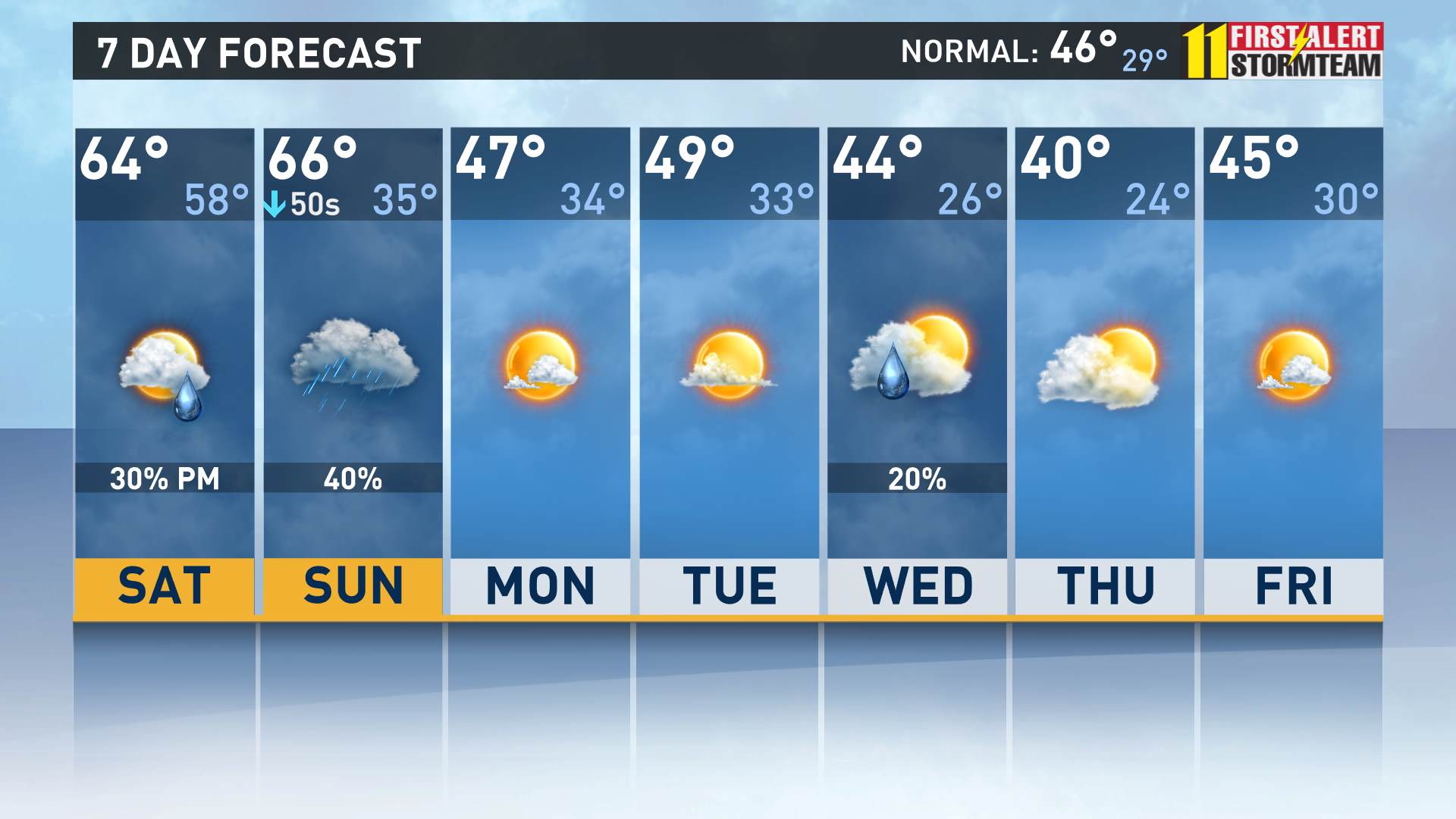Weather Trends

Louisville weather – Louisville’s weather patterns exhibit distinct seasonal variations, with each season bringing its unique characteristics. Historical data reveals consistent patterns in temperature, precipitation, and humidity levels throughout the year.
Louisville weather can be unpredictable, with hot and humid summers and cold and snowy winters. If you’re planning a trip to Louisville, be sure to check the weather louisville ky forecast before you go. Louisville weather can change quickly, so it’s always a good idea to be prepared for anything.
During the summer months (June-August), Louisville experiences warm and humid conditions. Average temperatures range from 75°F (24°C) to 85°F (29°C), with high humidity levels often contributing to uncomfortable heat indices. Thunderstorms are common during this period, providing temporary relief from the heat.
Seasonal Variations
In the spring (March-May) and autumn (September-November), Louisville experiences milder temperatures and lower humidity. Average temperatures range from 55°F (13°C) to 70°F (21°C) in spring and 45°F (7°C) to 60°F (16°C) in autumn. These seasons are generally characterized by pleasant weather, with occasional showers or thunderstorms.
Louisville’s vibrant tapestry of seasons weaves intricate patterns in the sky. From balmy summer breezes to crisp autumn foliage, the city’s weather is a symphony of nature’s artistry. For those seeking real-time insights, weather louisville ky offers an up-to-date forecast, allowing you to navigate Louisville’s meteorological adventures with confidence.
Winter (December-February) brings cold and often snowy conditions to Louisville. Average temperatures range from 25°F (-4°C) to 40°F (4°C), with occasional dips below freezing. Snowfall is common during this period, although the city typically experiences moderate snow accumulations compared to other parts of the country.
Extreme Weather Events, Louisville weather
While Louisville’s weather is generally moderate, the city is not immune to extreme weather events. Severe thunderstorms, tornadoes, and hailstorms can occur during the spring and summer months. In recent years, the city has also experienced an increase in the frequency and intensity of heat waves, droughts, and flooding.
Current Conditions: Louisville Weather

As of this moment, Louisville basks under the warm embrace of a sunny sky. The gentle breeze caresses the city, whispering secrets at a leisurely 10 mph from the southwest.
The mercury hovers around a comfortable 75°F (24°C), promising a delightful day for outdoor activities. The air is pleasantly dry, with a humidity level of 45%. However, a slight chance of precipitation lingers in the atmosphere, hinting at a potential sprinkle later in the day.
Forecast for the Next 24-48 Hours
The weather over the next two days is expected to remain largely unchanged. Temperatures will fluctuate between a high of 78°F (26°C) and a low of 65°F (18°C). While the sun will continue to dominate the sky, isolated showers may grace the city with a brief respite from the heat.
Local Impact

Louisville’s weather can have a significant impact on local businesses, transportation, and infrastructure. Extreme weather events, such as tornadoes, floods, and ice storms, can cause widespread damage and disruption. Even less severe weather conditions, such as heavy rain or snow, can impact business operations and transportation.
For example, during the 2011 tornado outbreak, several businesses in Louisville were damaged or destroyed, and power outages left thousands of people without electricity. The storm also caused significant damage to the city’s infrastructure, including roads, bridges, and buildings.
The community of Louisville has adapted to its challenging weather conditions in a number of ways. For example, many businesses have developed emergency plans to help them prepare for and respond to severe weather events. The city has also invested in infrastructure improvements, such as floodwalls and levees, to help protect against flooding.